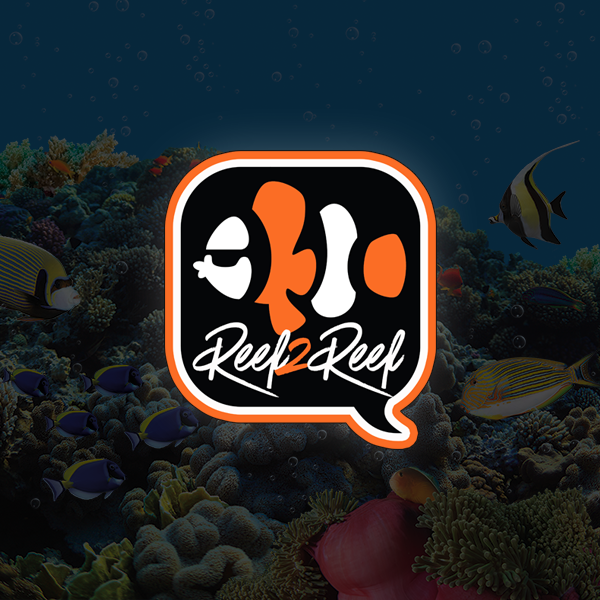Would you say tropic marins iod would be a poor choice for dosing then?Iodine as I2 is not desirable and is largely unnatural in seawater. It is also reactive with tissues and that’s why do not recommend dosing it.
Seawater contains mostly iodate (IO3-), some iodide (I-) and a much smaller amount of organoiodine compounds of various sorts. I2, if present at all, is a much lower concentration and short lived form.
Thanks in advance
















